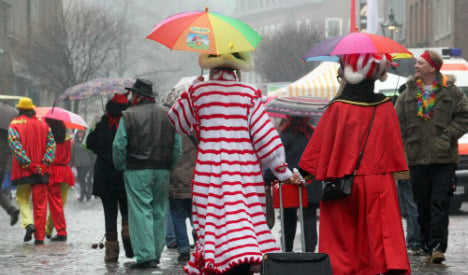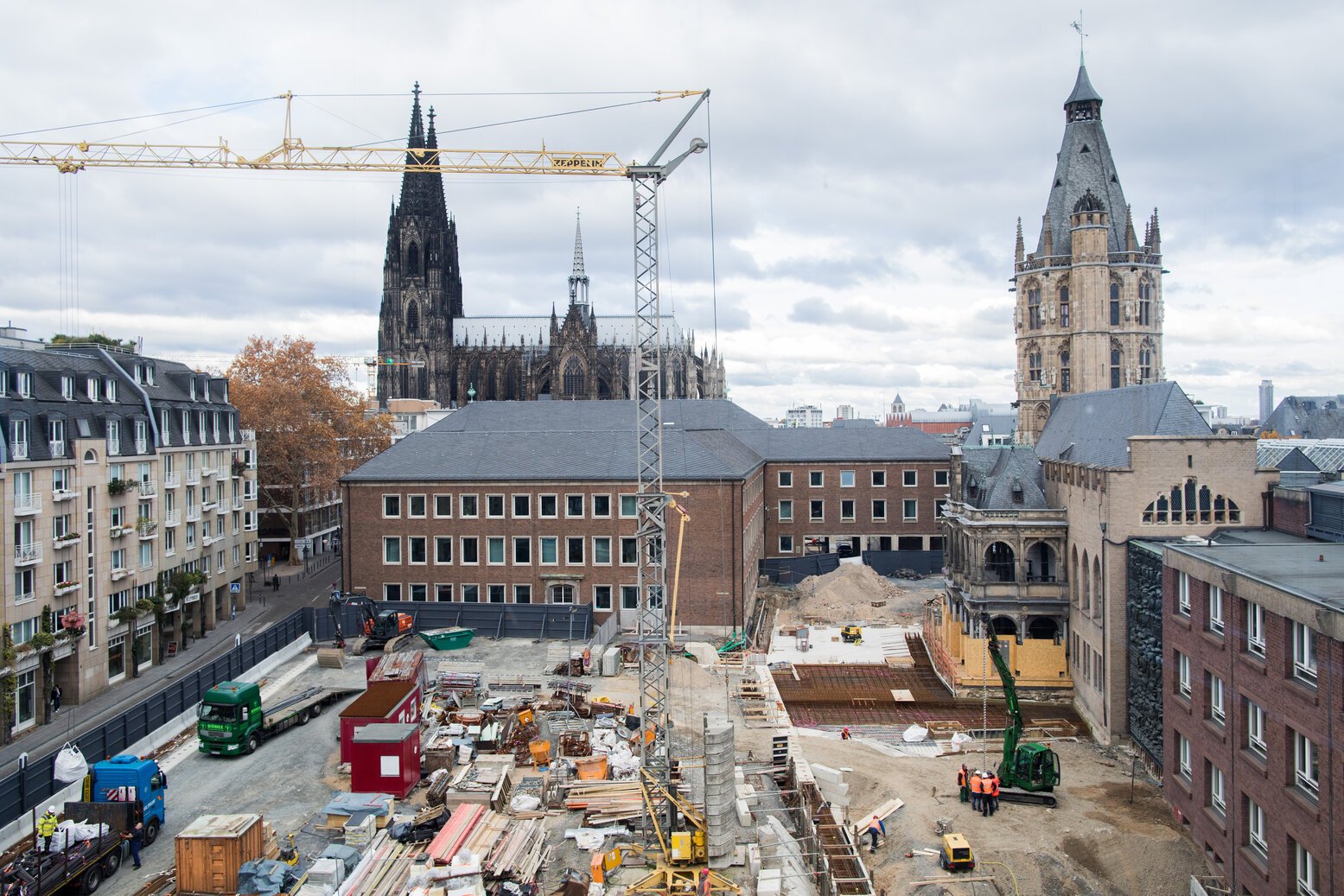Düsseldorf became the biggest city to cancel its parade early on Monday morning, following in the footsteps of Mainz and Münster.
But Cologne plans to press on with the event, which usually sees dozens of decorated floats – often with comic or political themes – wend their way through the city among cheering crowds.
Der Regen lässt nach, die Stimmung ist gut am Anfang des Kölner Rosenmontagszugs. #Alaaf pic.twitter.com/tblfMN6Z2N
— Moritz Küpper (@moritzkuepper) February 8, 2016
In deference to the rain, there was a bit more transparent plastic on display than usual as the city geared up for the parade.
#Rosenmontag im Regen ++ Aber die Kölner sind froh, dass er überhaupt stattfindet. pic.twitter.com/T55AghC4KH
— Netzreporter (@Netzreporter) February 8, 2016
Mainz and Münster carnival organizers said that the high winds of up to force 8 or 9 – gusting up to 90km/h – predicted for Monday would make the event too dangerous.
Cologne's will have some extra limitations, such as bans on flags and signs on the carnival floats.
And while the cathedral city's parade usually includes 500 horses, the equine part of the event has also been cancelled this time around.
But by mid-morning, the skies were looking clear in Cologne – with many unimpressed with the other cities' moves to cancel.
Sagte jemand was von Sturm?#meinRosenmontag #sunnesching #DankePetrus! @ksta_karneval pic.twitter.com/trAw6w30fP
— Anna Lampert (@AnnaLampert) February 8, 2016
We have sobbing children here in Münster with the cancellation of #Karneval parade. https://t.co/To7A9QTMSR
— Serafina (@SerafinaScheel) February 8, 2016
Given the traditional rivalry between Düsseldorf and Köln I bet there's a bit of gloating going on in Köln at the moment…
— IamGermany | Carl (@I_amGermany) February 8, 2016
Police in Mainz said that they would continue to be at heightened readiness in the city, as large numbers of people were expected to come and celebrate carnival despite the cancellation.
SEE ALSO: 10 essential words you'll need at Cologne carnival



 Please whitelist us to continue reading.
Please whitelist us to continue reading.